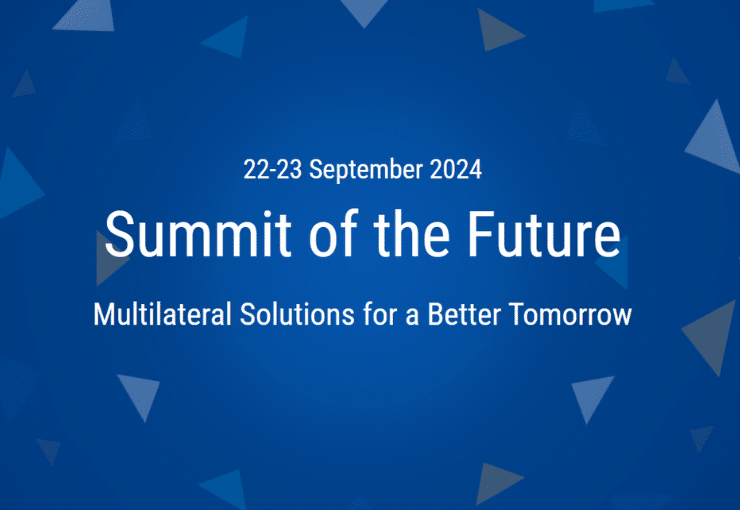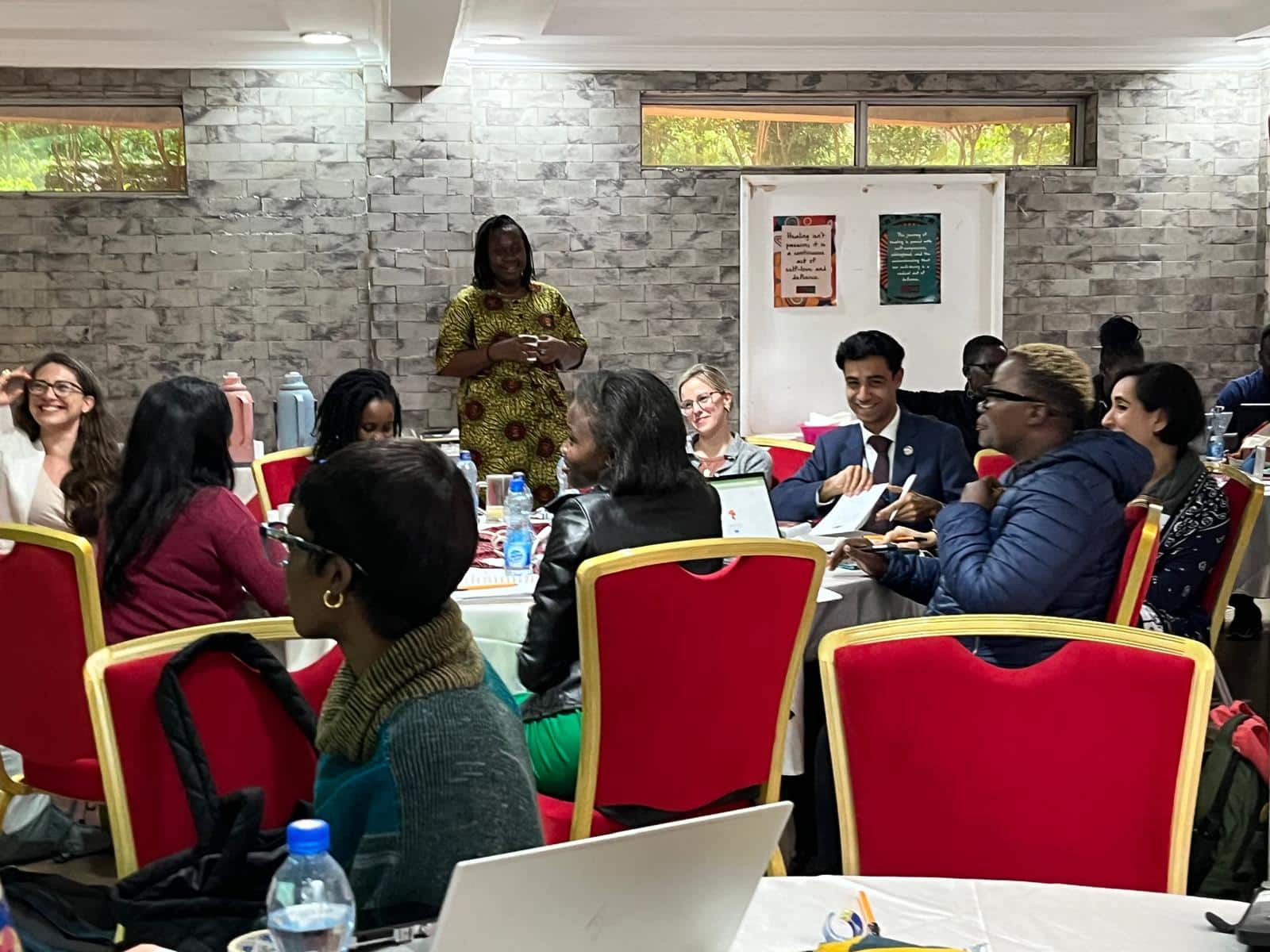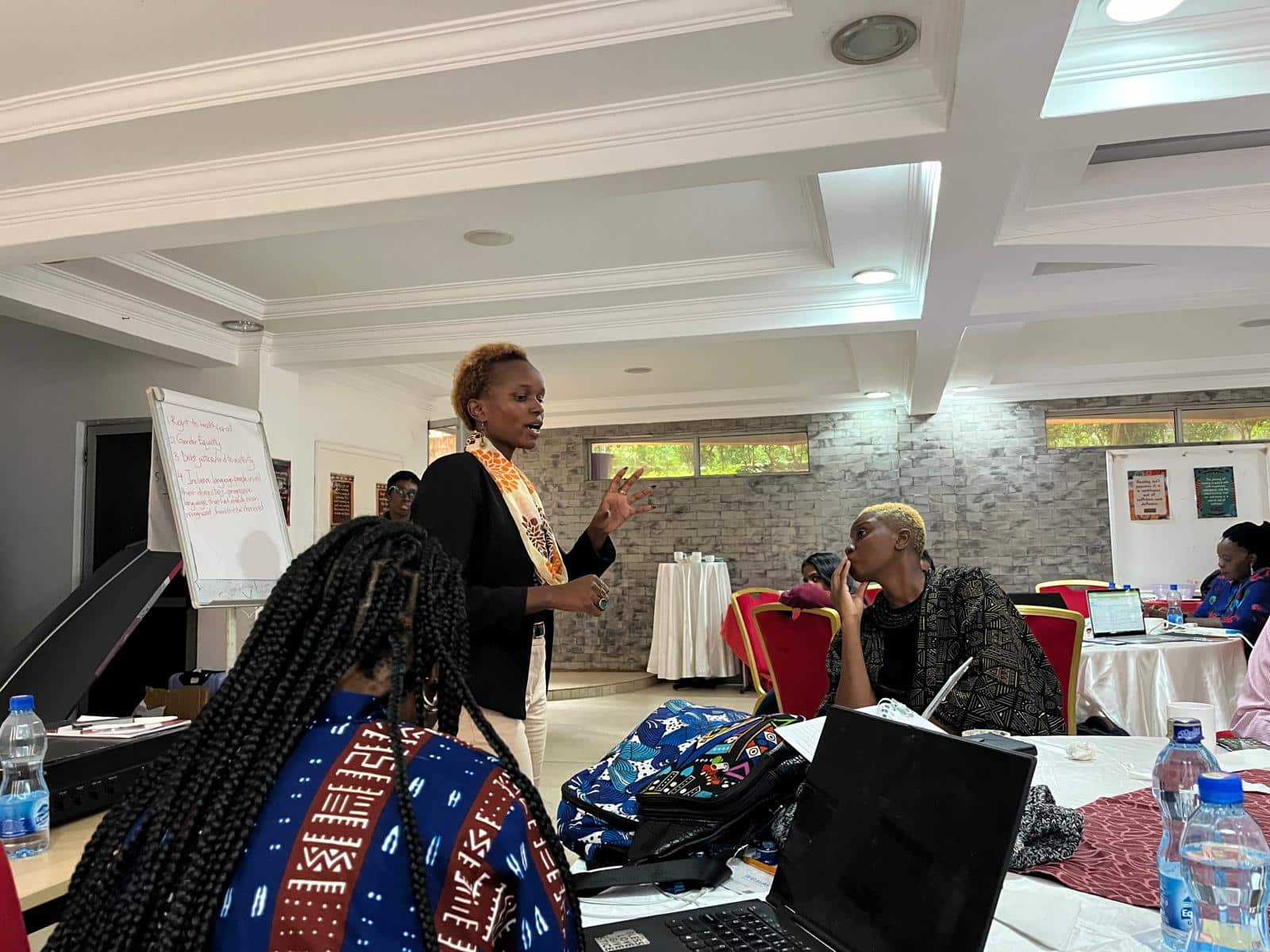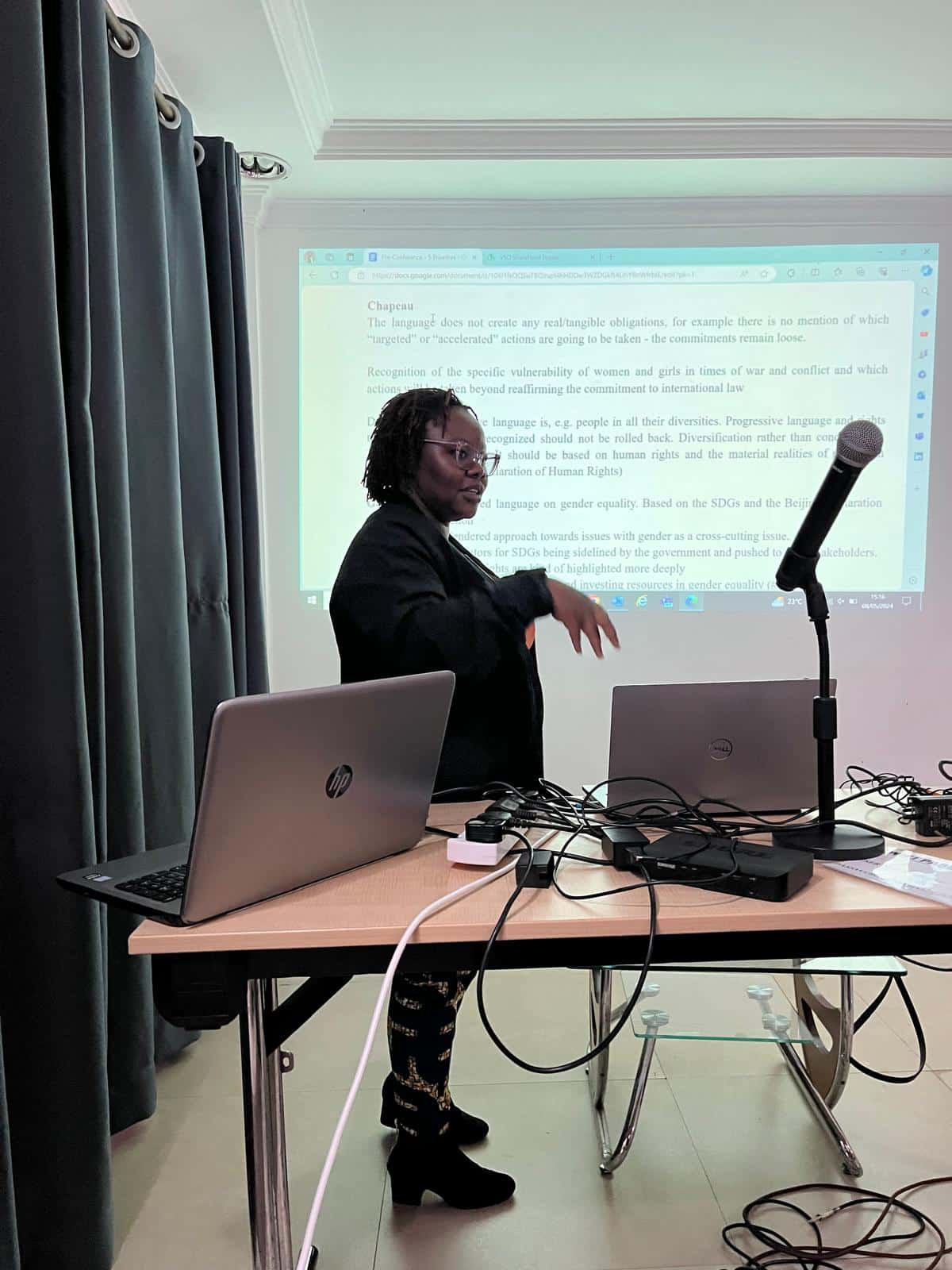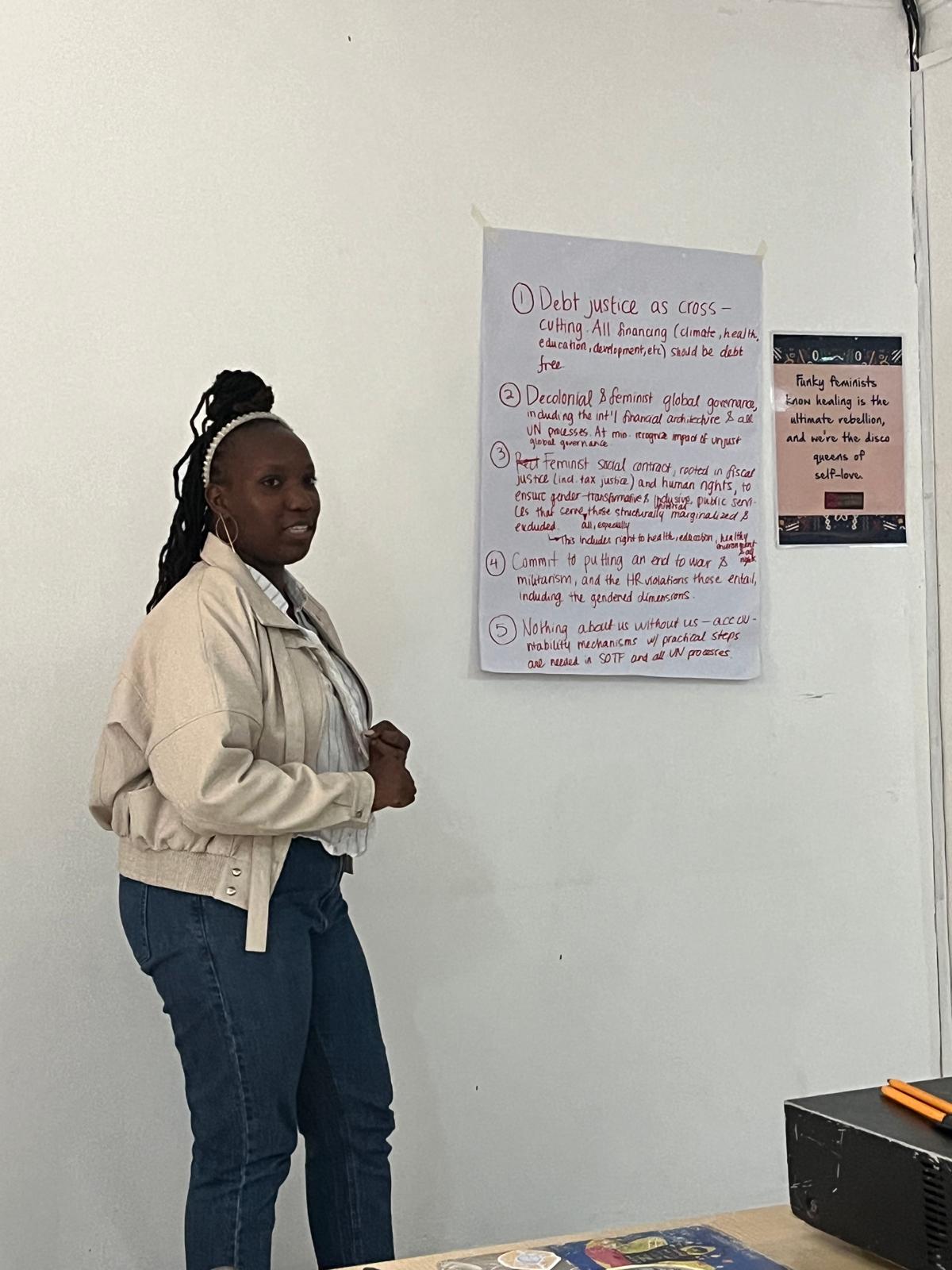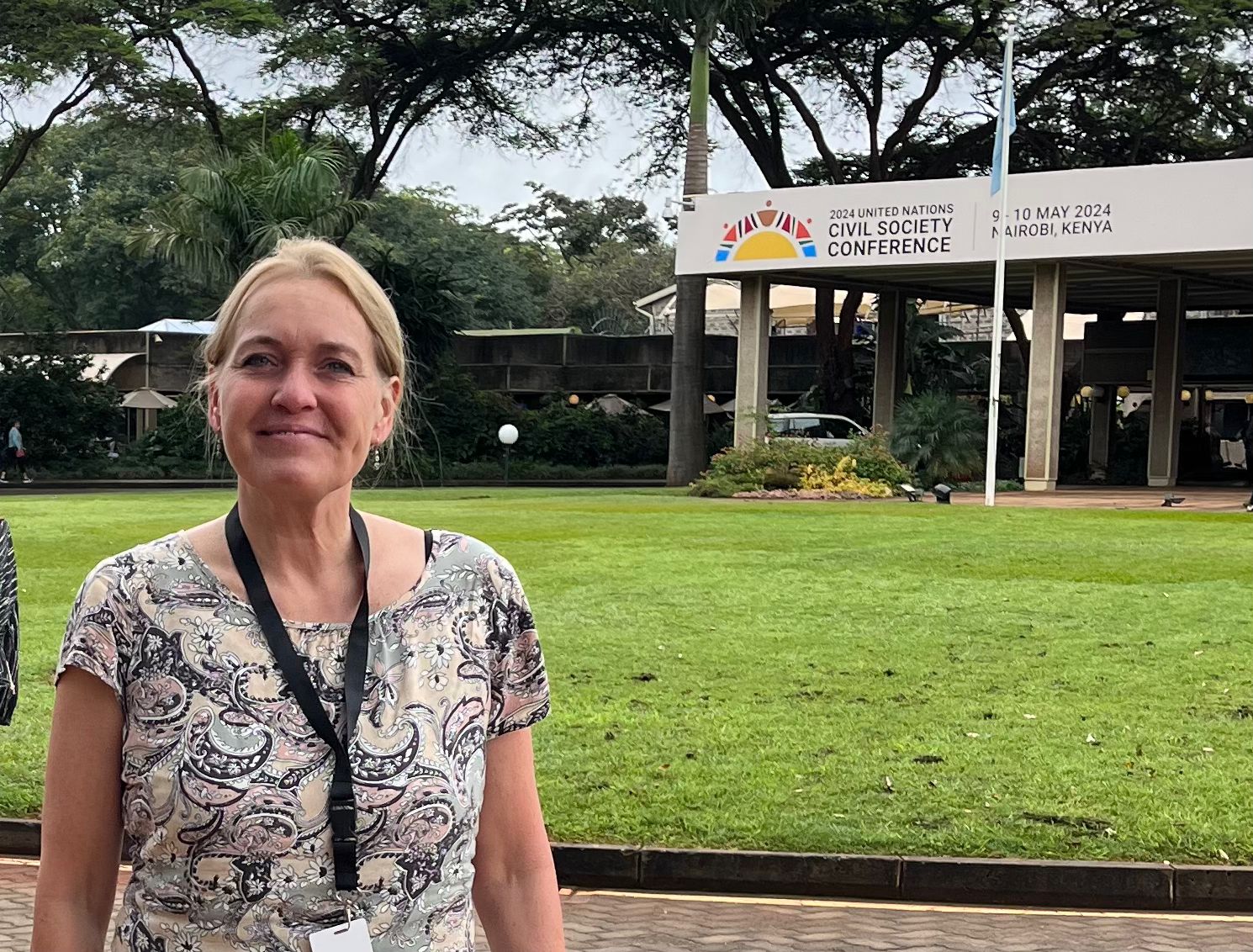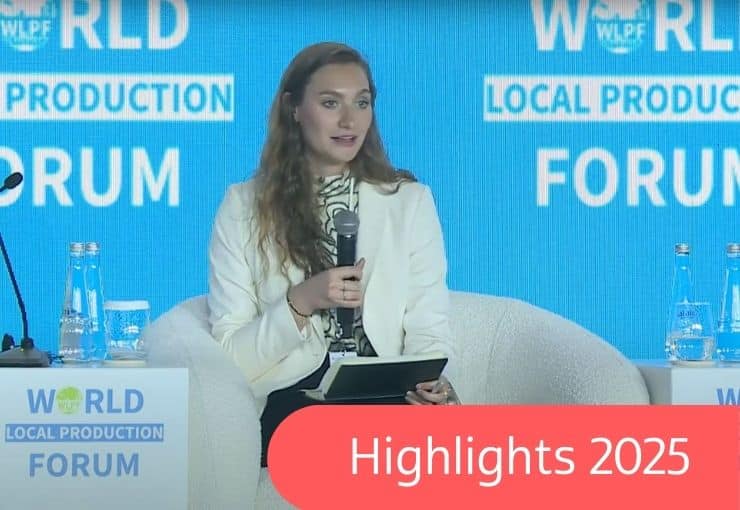Five priorities for a feminist, inclusive and actionable Pact for the Future
1. Commit to health for all, including sexual and reproductive health and rights.
The Pact should explicitly refer to the right to health for all as the basis for the realization of all other rights and indispensable for achieving the Sustainable Development Goals (SDGs). Member states should commit to implementing measures that ensure universal access to quality health services, based on ‘need’ and not ‘ability to pay’, including sexual and reproductive health services.
2. Reaffirm gender equality, protect inclusive language, and accelerate implementation.
The Pact should reaffirm the cross-cutting nature of gender equality (SDG 5) and commit to accelerating the implementation of the 2030 Agenda, while protecting inclusive language such as “in all their diversity” and “multiple and intersecting forms of discrimination”.
3. Work towards tax and debt justice, to ensure gender transformative and inclusive public services that serve all people equitably.
Through the Pact, both high- and low-income countries should commit fully to the process leading to a UN Tax Convention. Fiscal justice also includes calling for the adoption of transformative approaches that reduce and redistribute women’s unpaid care and domestic work through the provision of public services and infrastructure as well as the revaluation and protection of workers in the informal sector. By committing to fiscal justice, member states can enhance gender transformative and inclusive public services, and social protection, including in healthcare, especially for those structurally excluded.
4. Support a gender-responsive climate finance system.
Climate finance systems must recognize the vital contributions of women and global South communities in protecting, preserving, and sustaining the world’s ecosystem and biodiversity. These contributions are often undervalued in the current climate finance architecture, which prioritizes profit and market-based solutions. The Pact should envision gender-responsive, debt-free and sustainable climate finance mechanisms.
5. Establish accountability mechanisms: nothing for us without us!
Clear accountability mechanisms should be established, so that countries are obliged to report back on their commitments, with an opportunity for civil society to evaluate, contribute and respond. This requires inter alia the development of gender-specific indicators for each of the commitments in the Pact.
Download the priorities document
